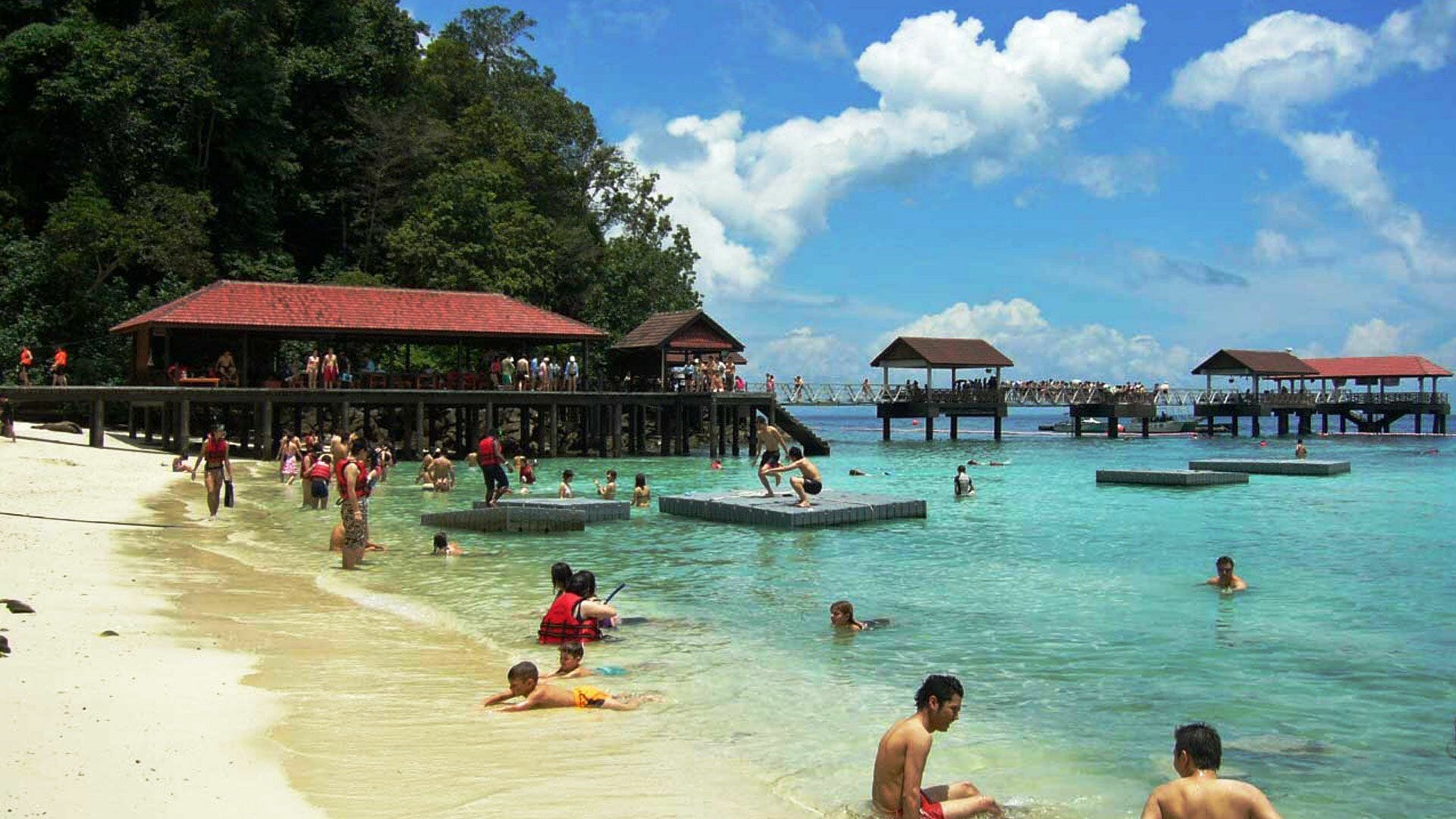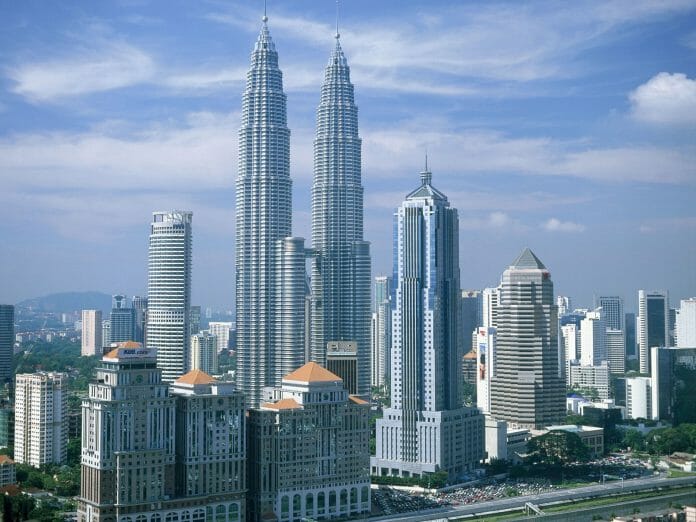Malaysia’s economy was boosted with a total of RM84.1 billion in tourist receipts from the expenditure of 25, 832,354 international tourists who visited Malaysia throughout 2018.
Despite the slight decline in arrivals by -0.4% compared to 2017, tourist receipts contribution increased by +2.4%. Tourism performance also saw growth in terms of per capita expenditure, rising by +2.9% to RM3,257, while the Average Length of Stay (ALOS) climbed by +0.8 points to 6.5 nights.
Top ten international tourist arrivals for 2018 were from Singapore (10,615,986), Indonesia (3,277,689), China (2,944,133), Thailand (1,914,692), Brunei (1,382,031), South Korea (616,783), India (600,311), The Philippines (396,062), Japan (394,540) and Taiwan (383,922).
ASEAN arrivals continued to dominate the share of tourist arrivals to Malaysia with a 70.1% contribution. The medium-hall market and long-haul market occupied a 20.3% share and a 13.3% share respectively.
Tourist arrival growth was seen in Central Asia (+81.9%), Africa (+49.1%), Americas (+26.3%), West Asia (+25.3%), East Asia (+24.3%), South Asia (+13.4%) and Europe (+7.8%), while declines were recorded for Oceania (-0.8%) and ASEAN (-7.0%) markets.
Overall, the performance of the medium-haul market and long-haul market showed healthy recovery with +19.3% growth compared to 2017, thus positively impacting upon length of stay and receipts.
In terms of overall tourist expenditure, the ASEAN region remained the biggest contributor, contributing a total of RM48.5 billion. Meanwhile, West Asia tourists recorded the highest per capita expenditure with RM9,947, an increase of +6.1% compared with RM9,378.50 in 2017.
The top three distribution of tourist receipts went to shopping (33.4%), accommodation (25.7%) and food and beverages (13.4%).Once again, shopping receipts exceeded that of accommodation, growing from a 32.7% share in 2017 to 33.4% share in 2018.
Markets showing increase in average lengths of stay included West Asia (9.7 nights), Europe (8.6 nights), South Asia (6.2 nights) and East Asia (6.1 nights).










